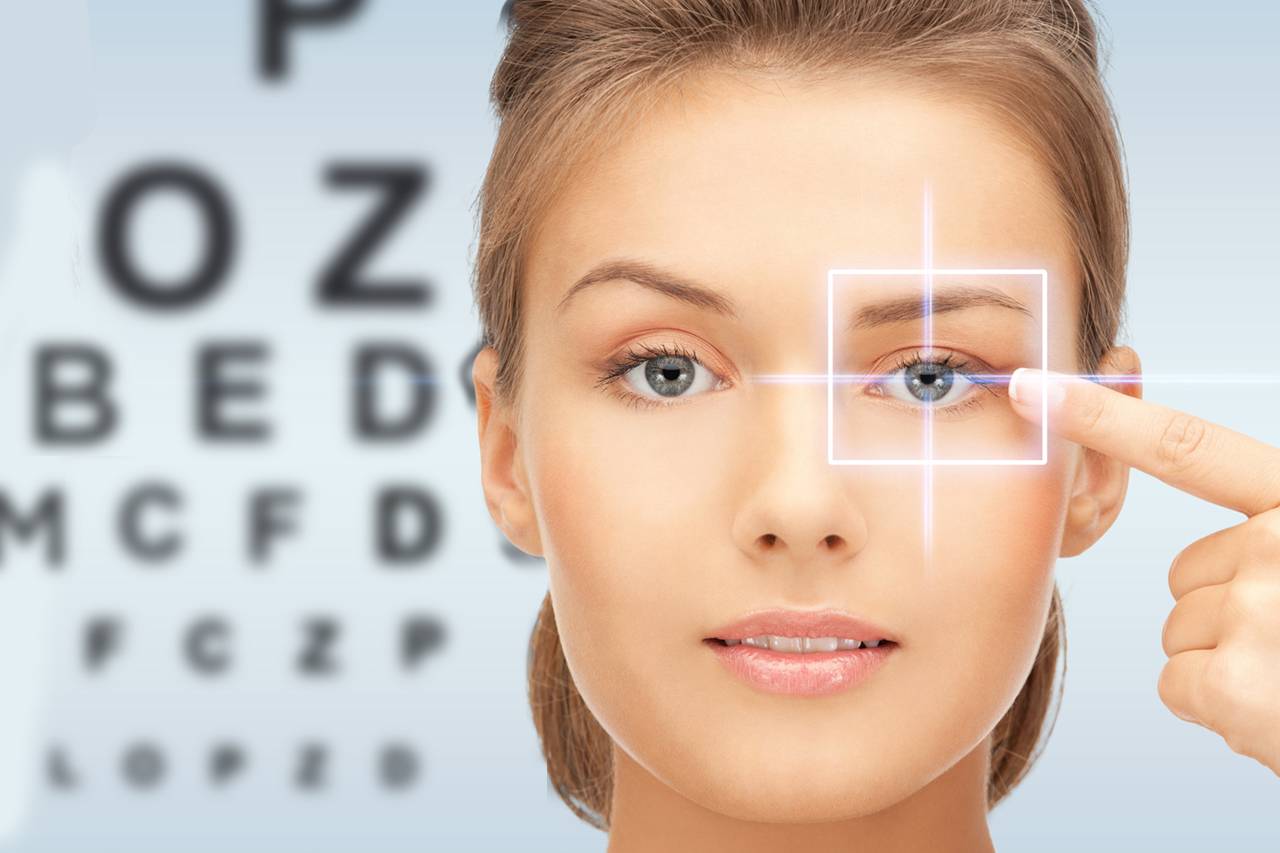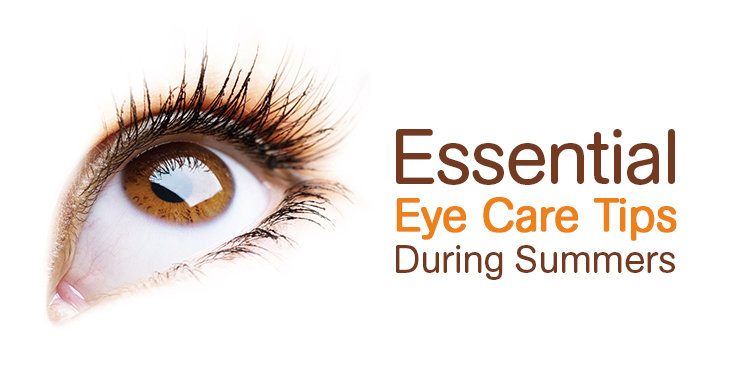Leading Cardiologist Andalusia: Your Companion in Heart Health
Leading Cardiologist Andalusia: Your Companion in Heart Health
Blog Article
Is Refractive Surgery Right for You? Elements to Take Into Consideration for Better Eyecare
In the world of eye treatment, the decision to undergo refractive surgery is a significant one that demands thoughtful consideration. From the complexities of one's ocular health to the intricacies of day-to-day behaviors and individual assumptions, each aspect holds significance in the more comprehensive landscape of refractive surgical procedure candidateship.
Eye Health And Wellness Analysis
When taking into consideration refractive surgery, a detailed eye wellness analysis is crucial to examine the suitability of the treatment for every person. eye doctors in andalusia. This analysis involves a collection of examinations and evaluations performed by an eye care specialist to determine the general health of the eyes, the visibility of any type of hidden problems, and the stability of the refractive error
Throughout the analysis, various aspects are taken into account, such as the client's case history, current eye prescription, corneal density, pupil dimension, and tear movie quality. These evaluations aid to identify any kind of contraindications to refractive surgery, such as corneal irregularities, cataracts, or untreated eye infections. Furthermore, the analysis assists to take care of patient assumptions regarding the prospective end results of the surgery based upon their one-of-a-kind eye qualities.
Inevitably, the eye health evaluation is important in making sure the safety and security and performance of refractive surgery, as it provides important insights into the person's eye wellness standing and aids determine the most suitable therapy choices for achieving optimal aesthetic end results. (eye doctors in andalusia)
Lifestyle Assessment
A thorough way of life analysis is essential in figuring out the viability of refractive surgical treatment for a person's visual modification needs. Way of life factors such as line of work, leisure activities, and everyday tasks play an essential duty in the decision-making process concerning refractive surgical treatment.
Furthermore, way of living practices such as sporting activities engagement, outdoor activities, or also skin care routines can influence the recovery procedure and overall success of refractive surgical treatment. Individuals who engage in contact sports might need to take extra safety measures to shield their eyes throughout the recovery period. Additionally, individuals with substantial sunlight direct exposure may need extra post-operative like protect against complications. By conducting an extensive way of life evaluation, eye treatment experts can customize their referrals and therapy plans to satisfy the one-of-a-kind demands of each person, ultimately causing enhanced aesthetic results and contentment.
Assumption Positioning

People need to understand great post to read that while many people achieve 20/20 vision or far better following refractive surgical procedure, some may still require glasses for particular tasks like reading or driving at night. Handling these expectations assists avoid frustration and dissatisfaction post-surgery, leading to a more positive general experience for the client.
Threat Evaluation

Factors that might enhance the threat of issues include age, specific clinical problems like autoimmune illness, unpredictable vision prescription, thin corneas, and impractical patient expectations. In addition, picking a knowledgeable and experienced doctor, following pre and post-operative care directions diligently, and revealing any kind of pertinent medical history can help reduce dangers.
To decrease the chance of problems, ophthalmologists conduct complete pre-operative examinations to identify any kind of contraindications to surgery. They likewise review the potential risks and benefits with patients during the examination procedure. By participating in open interaction and shared decision-making, both the person and the eye doctor can function with each other to figure out if refractive surgical procedure is the appropriate selection based upon private danger profiles and desired outcomes.
Assessment Significance
Considering the vital function of informed decision-making in evaluating risks and potential problems in refractive surgery, the consultation procedure holds significant importance in guiding patients towards optimum results. During the consultation, the eye doctor reviews the patient's eye health, refractive mistakes, and total suitability for surgery. This initial analysis is important in identifying the most appropriate procedure for each and every individual, considering factors such as corneal thickness, pupil dimension, and existing eye problems.
Furthermore, the consultation functions as an opportunity for people to discuss their assumptions, concerns, and any kind of concerns they may have pertaining to the surgical treatment. Clear communication in between the client and the specialist is necessary to look what i found guarantee sensible expectations and a detailed understanding of the potential threats and benefits involved.
In addition, the consultation enables the doctor to discuss the different medical options offered, their corresponding end results, and the post-operative care needed. This thorough discussion empowers patients to make well-informed decisions regarding their helpful site eye care, bring about better complete satisfaction and end results post-surgery.
Verdict
Finally, people taking into consideration refractive surgery ought to go through a thorough eye wellness evaluation, examine their way of living routines, straighten their expectations with prospective outcomes, examine the affiliated risks, and focus on assessments with eye care experts. These factors play an important function in figuring out the suitability of refractive surgical treatment for every individual, guaranteeing optimal end results and complete satisfaction with the treatment.
Individuals taking into consideration refractive surgical procedure usually have high assumptions relating to the results, expecting ideal vision without the need for glasses or contact lenses. While refractive surgery can greatly improve vision and minimize reliance on visual aids, it is essential for clients to understand that results might differ based on private elements such as the degree of refractive mistake, corneal thickness, and general eye health.
By engaging in open communication and shared decision-making, both the ophthalmologist and the person can work with each other to figure out if refractive surgical treatment is the right selection based on specific risk accounts and preferred results.
Thinking about the crucial duty of educated decision-making in examining threats and potential complications in refractive surgical treatment, the consultation procedure holds considerable importance in leading individuals towards optimal results. During the assessment, the eye doctor evaluates the person's eye wellness, refractive errors, and general viability for surgical procedure.
Report this page